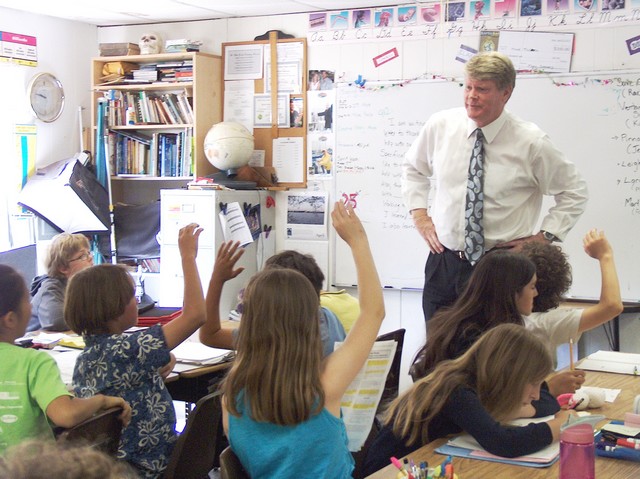 It is not uncommon for state legislators to receive hundreds – if not thousands – of letters from their constituents, all of which are usually acknowledged via a formal response drafted by the recipient or a designated staff member. Sometimes, however, a more personal acknowledgement is called for.
It is not uncommon for state legislators to receive hundreds – if not thousands – of letters from their constituents, all of which are usually acknowledged via a formal response drafted by the recipient or a designated staff member. Sometimes, however, a more personal acknowledgement is called for.
Milana Beck, a fifth grader at Mount Madonna School (MMS) wrote to California Assemblymember (Asm.) Mark Stone (D, Monterey Bay) earlier this spring, telling him that she would like to discuss, in person, efforts to save the endangered California Condor. Beck and her MMS classmates each wrote a letter to Stone as part of a campaign to gain support for improved road side trash clean up and a lead bullet ban in California.
On May 3, Asm. Stone visited the MMS campus and talked with students about legislation that he and Asm. Ben Hueso (D, San Diego) have introduced, which seeks to protect California’s coastline by substantially reducing the amount of plastic waste that ends up in the marine environment. They also discussed the lead bullet legislation and other steps that can be taken to aid in the condors’ recovery.
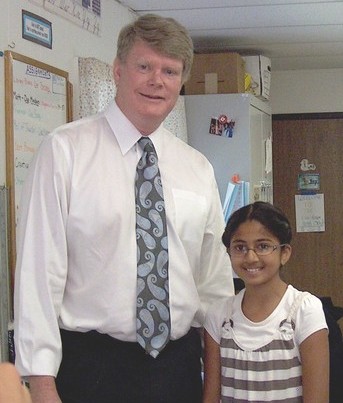 “Asm. Stone came to talk with these students because he feels that, if passed, his legislation would directly address the students’ concerns,” explained fifth grade teacher Jessica Cambell. “As a result of these students’ letters, he took it upon himself to learn more about the lead bullet issue and has come out as a supporter of this legislation [which has not yet made its way to the Assembly floor]. His marine pollution reduction bill will be another significant piece in the effort to protect the environment for condors and other species.”
“Asm. Stone came to talk with these students because he feels that, if passed, his legislation would directly address the students’ concerns,” explained fifth grade teacher Jessica Cambell. “As a result of these students’ letters, he took it upon himself to learn more about the lead bullet issue and has come out as a supporter of this legislation [which has not yet made its way to the Assembly floor]. His marine pollution reduction bill will be another significant piece in the effort to protect the environment for condors and other species.”
“Plastic trash hurts our oceans and beaches in a significant and permanent way. It also wastes taxpayers’ money, burdens local governments – and is a preventable cause of pollution,” said Stone. “This bill will address the problem at its source.
“With 25 years of data, we pretty much know what type of pollution is out there,” he explained. “Now we’re saying to the companies, ‘you’re producing this waste, you’re making money off of selling these products, why can’t you be part of the solution?’”
“One way to help would be for businesses to pick up around the streets and cities where they are, so they can reduce the amount of plastic before it even makes it to the ocean,” suggested fifth grader Sarah Babcock.
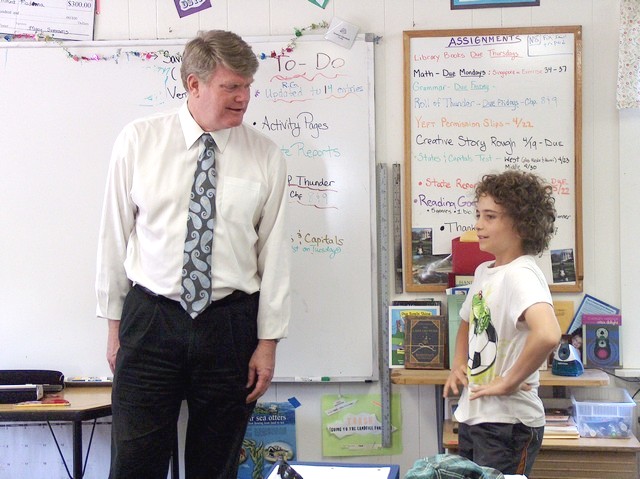 “Yes,” agreed Stone. “There are many options. This bill doesn’t tell companies exactly what they have to do – but they have to do something.” The bill, AB 521, seeks to protect the oceans and beaches from all single-use plastics, not just plastic bags, and focuses on the industrial sources of these plastics, rather than consumers. Stone also chairs the Select Committee on Coastal Protection.
“Yes,” agreed Stone. “There are many options. This bill doesn’t tell companies exactly what they have to do – but they have to do something.” The bill, AB 521, seeks to protect the oceans and beaches from all single-use plastics, not just plastic bags, and focuses on the industrial sources of these plastics, rather than consumers. Stone also chairs the Select Committee on Coastal Protection.
“I’m noticing that it seems like people only try to fix something when it affects them,” said 11-year old Noah Tervalon. “A lot of people only realize the extent of plastic pollution once it accumulates in the ocean or washes up on the beach.”
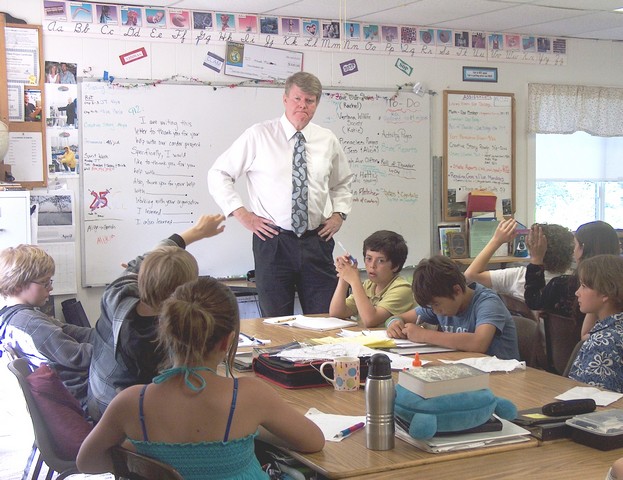 “It’s possible,” Stone told the students, “that people are going to look back some day and say ‘that was a crazy time in human history – it was the Plasticene Era .’ To avoid this we need to be smart about how we use plastic, and what we do with it after that initial use.”
“It’s possible,” Stone told the students, “that people are going to look back some day and say ‘that was a crazy time in human history – it was the Plasticene Era .’ To avoid this we need to be smart about how we use plastic, and what we do with it after that initial use.”
“How confident are you that the bill will pass?” asked fifth grader AnMei Dasbach-Prisk.
“It has a chance,” Stone said. “I’m not sure it will pass this year, or if it will take two or more years. It has cleared the Assembly Natural Resources Committee, but the timetable for passing the Assembly and being sent for a Senate vote is uncertain.”
“What are the plastic companies’ arguments against the bill, for voting ‘no’ on it?” asked fifth grader Jeremy Curland.
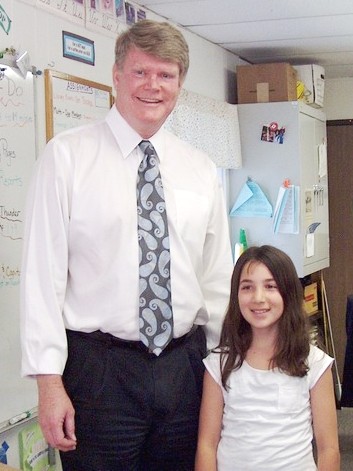 “They’re telling legislators that it’s going to cost many jobs in their districts,” Stone said. “That it will be difficult to ‘identify’ trash and know who is responsible, and that it will ultimately increase costs for businesses and consumers.”
“They’re telling legislators that it’s going to cost many jobs in their districts,” Stone said. “That it will be difficult to ‘identify’ trash and know who is responsible, and that it will ultimately increase costs for businesses and consumers.”
“How will it affect the economy?” asked fifth grader Will Pramanik.
“Such good questions!” noted Stone. “Overall I think we will see a positive effect on the economy long term, allowing us to spend more money on other things, like education and fighting poverty.”
“This is great!” said teacher Cambell. “So many people in this day and age feel like their voice isn’t heard by their legislators and their government. I’m so impressed with how Asm. Stone engaged these students as citizens of the community. He treated them like his constituents and allowed them to experience what it is like to be ‘heard’ and have their ideas considered. This is government in action – we began the year with a study of the Constitution and The Bill of Rights, and today, there’s another civics lesson happening right here.”
####
Contact: Leigh Ann Clifton, Media & Public Relations,
Nestled among the redwoods on 355 mountaintop acres, Mount Madonna is a safe and nurturing college-preparatory school that supports students in becoming caring, self-aware and articulate critical thinkers, who are prepared to meet challenges with perseverance, creativity and integrity. The CAIS and WASC accredited program emphasizes academic excellence, creative self-expression and positive character development. Located on Summit Road between Gilroy and Watsonville.
